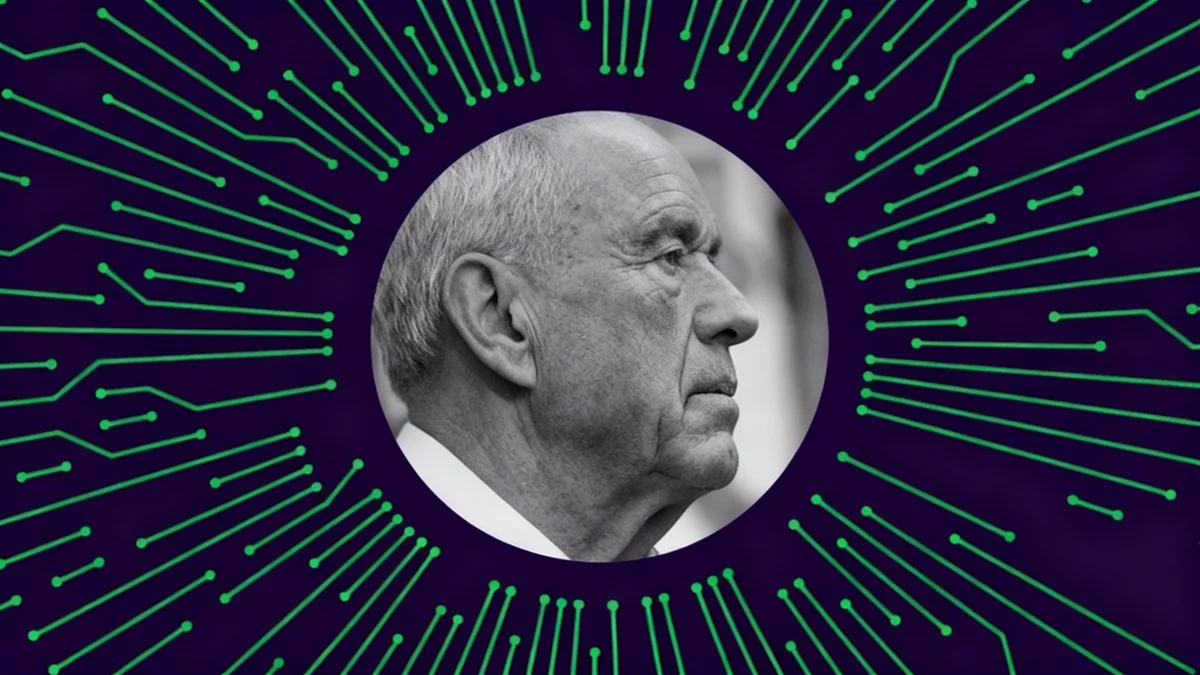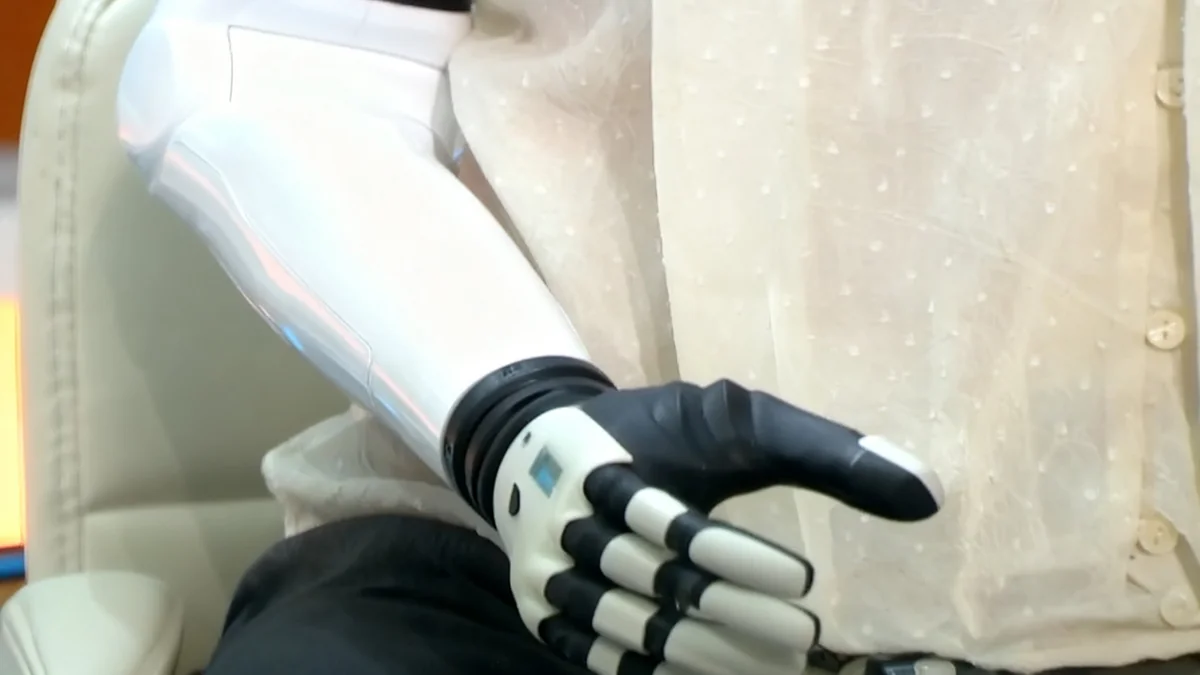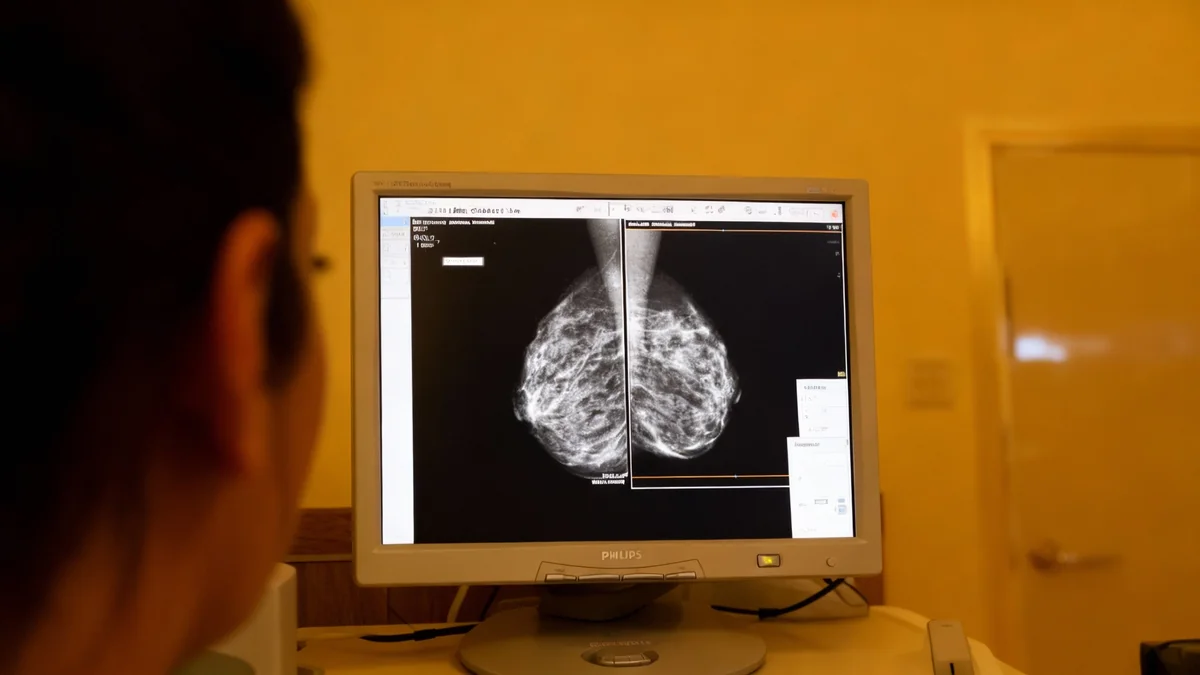Microsoft is intensifying its push to become a dominant force in artificial intelligence, separate from its well-known partnership with OpenAI. The company's consumer AI division, led by Mustafa Suleyman, is expanding its internal research and development teams with a specific focus on the healthcare sector. This strategic move aims to establish Microsoft's Copilot assistant as a leading brand by creating specialized, high-value AI tools for the medical industry.
Key Takeaways
- Microsoft has established a new consumer AI unit, Microsoft AI, headed by DeepMind co-founder Mustafa Suleyman.
- The company is strategically focusing on the healthcare industry to develop specialized AI applications.
- This initiative is designed to build the brand of its Copilot assistant and reduce its perceived reliance on partner OpenAI.
- Microsoft is actively increasing staff within its internal AI labs to support this specialized development effort.
A New Era for Microsoft AI
Microsoft has embarked on a significant organizational shift to centralize and accelerate its consumer artificial intelligence efforts. The creation of the Microsoft AI division marks a clear intention to build a powerful in-house AI identity. This new unit brings together various consumer-facing AI products, including the Copilot assistant, the Bing search engine, and the Edge browser, under a single, unified leadership.
Leading this ambitious initiative is Mustafa Suleyman, a prominent figure in the AI world and a co-founder of Google's DeepMind. His appointment signals Microsoft's commitment to fundamental research and product development, moving beyond its role as a primary partner and investor in OpenAI. The strategy involves not just integrating existing technologies but creating new, proprietary AI models and applications from the ground up.
Who is Mustafa Suleyman?
Mustafa Suleyman is a British artificial intelligence entrepreneur. He co-founded DeepMind Technologies in 2010, an AI lab that was acquired by Google in 2014. After leaving Google, he co-founded Inflection AI. In March 2024, he was hired by Microsoft to lead its newly formed consumer AI unit, Microsoft AI, bringing with him a reputation for driving cutting-edge AI research and development.
By consolidating its consumer AI teams, Microsoft aims to create a more cohesive and powerful user experience. The goal is to make Copilot an indispensable tool integrated across its entire ecosystem, from Windows to its suite of productivity applications. This internal expansion and strategic alignment are crucial steps in Microsoft's plan to compete directly with other technology giants in the rapidly evolving AI landscape.
The Strategic Choice of Healthcare
Microsoft's decision to target the healthcare sector is a calculated move to gain a competitive advantage. Unlike general-purpose chatbots, healthcare AI requires a high degree of accuracy, reliability, and adherence to strict regulatory and privacy standards. By tackling this complex field, Microsoft seeks to demonstrate the superior capabilities and trustworthiness of its Copilot technology.
The healthcare industry represents a multi-trillion dollar market with significant potential for AI-driven transformation. Potential applications range from assisting doctors with diagnostic imaging analysis and summarizing patient records to powering personalized treatment plans and accelerating pharmaceutical research. Success in this area would not only generate substantial revenue but also build significant brand credibility.
Building Specialized Models
Developing effective healthcare AI involves more than just fine-tuning a general model. It requires training on vast, specialized datasets of medical literature, clinical trial data, and anonymized patient information. Microsoft is investing in creating models that understand complex medical terminology and can reason through clinical scenarios with a high level of precision.
AI in Healthcare Market Growth
According to market research reports, the global AI in healthcare market is projected to grow significantly. Some estimates predict the market could exceed $180 billion by 2030, driven by the need for more efficient diagnostics, personalized medicine, and streamlined administrative processes.
This focus allows Microsoft to create a defensible niche. While competitors may offer broad AI assistants, a Copilot assistant specifically designed for clinicians and researchers could become an essential tool in hospitals and labs worldwide. This strategy of vertical integration—targeting a specific industry—is a classic approach to outmaneuvering competitors in a crowded market.
Establishing an Independent Copilot Brand
A central objective of this initiative is to move Microsoft's AI efforts out of the shadow of OpenAI. While the partnership has been immensely successful, it has also led to a public perception that Microsoft's AI prowess is largely dependent on ChatGPT technology. Building a distinct and powerful Copilot brand is essential for the company's long-term strategy.
"We have a lofty goal: to become an artificial-intelligence chatbot powerhouse in our own right rather than leaning on our partnership with the ChatGPT maker, OpenAI," a sentiment reportedly driving the new strategy within the company.
By delivering a best-in-class product in a critical sector like healthcare, Microsoft can prove the value of its own internal research and development. This helps build brand equity for Copilot, positioning it as a unique and powerful platform rather than simply a Microsoft-branded version of ChatGPT. This brand independence is crucial for attracting customers and talent directly to Microsoft's AI ecosystem.
This effort is reflected in the company's decision to increase staffing at its internal labs. Investing in top-tier AI researchers and engineers is a direct commitment to building the in-house expertise required to create foundational models and specialized applications that can stand on their own in the market.
Navigating the Competitive AI Arena
Microsoft's strategic pivot occurs within a fiercely competitive environment. Every major technology company is racing to establish dominance in the AI space, each with its own unique approach.
- Google: With its powerful Gemini models and deep integration into its search and cloud platforms, Google remains a formidable competitor. Its own work in medical AI, such as Med-PaLM 2, shows it also recognizes the value of the healthcare sector.
- Amazon: Through its multi-billion dollar investment in Anthropic, the creator of the Claude AI models, and its dominant AWS cloud platform, Amazon is aggressively pursuing enterprise AI customers.
- OpenAI: While a partner, OpenAI is also a competitor. It continues to advance its own models and pursue enterprise clients directly, creating a complex dynamic with Microsoft.
By specializing in healthcare, Microsoft is not trying to win everywhere at once. Instead, it is picking a strategic battleground where it believes it can deliver a superior product and establish a strong foothold. A victory in such a demanding field would serve as a powerful proof point for Copilot's capabilities, which could then be leveraged to expand into other specialized industries like finance, law, and manufacturing.
Ultimately, this focused strategy is about differentiation. In a market where many AI tools offer similar general capabilities, Microsoft is betting that deep, industry-specific expertise will be the key to long-term success and market leadership. The expansion of its internal AI labs under new leadership is the first major step in executing this ambitious vision.





